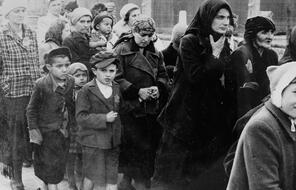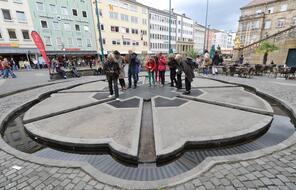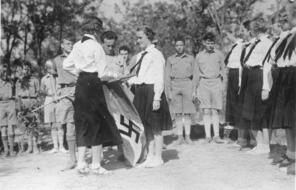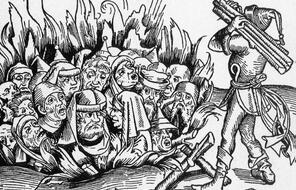Negotiating Peace (Abridged)
At a Glance
Language
English — USSubject
- History
- Human & Civil Rights
- The Holocaust
The Allied countries—including the United States, Britain, France, Italy, and Japan—negotiated the peace treaty at the Palace of Versailles in France from January 1919 to January 1920. The final Treaty of Versailles contained 440 articles, and Germans had no choice but to accept it.
Article 231 of the treaty explained who would pay for the enormous cost of the war and the damage in the war-torn Allied countries:
Article 231
The Allied and Associated Governments affirm and Germany accepts the responsibility of Germany and her allies for causing all the loss and damage to which the Allied and Associated Governments and their nationals have been subjected as a consequence of the war imposed upon them by the aggression of Germany and her allies.
Other portions of the treaty stated the following:
- Germany would limit the size of its military to fewer than 100,000 soldiers.
- Germany would have new borders in Europe, losing about 13% of its area.
- Germany would lose all colonies and other overseas territories.
Germans grew more angry when the terms of the Treaty of Versailles were made public in May 1919. Many Germans felt that their nation had been humiliated by the further loss of territory and military power imposed by the treaty.
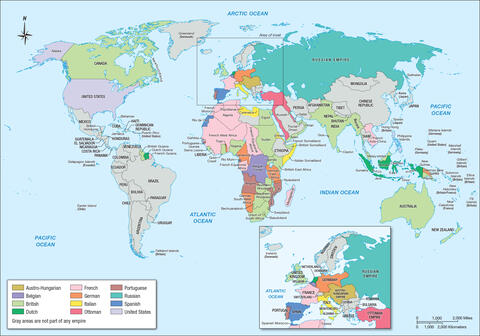
World War I hastened the crumbling of several empires, while others retained their global power. Compare this map of the 1920 world to a map of empires in 1914. See full-sized image for analysis.
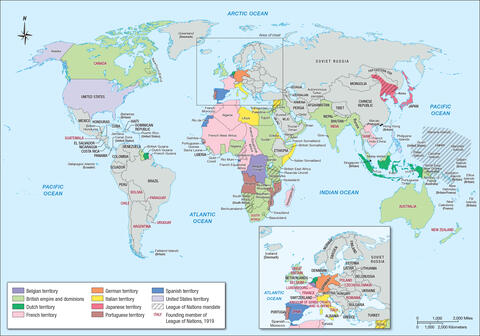
World War I hastened the crumbling of several empires, while others retained their global power. Compare this map of the 1920 world to a map of empires in 1914. See full-sized image for analysis.


